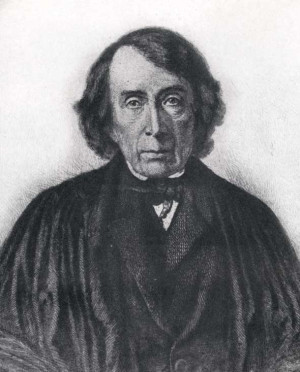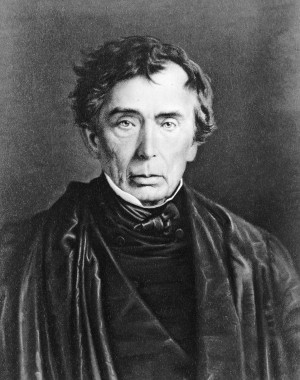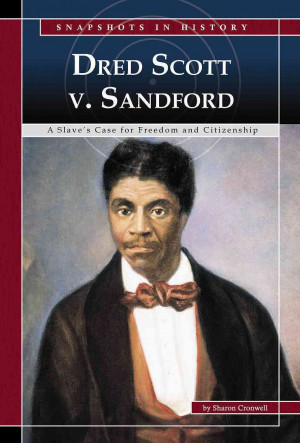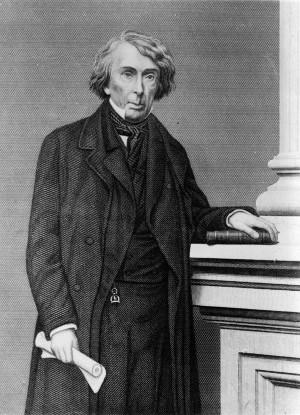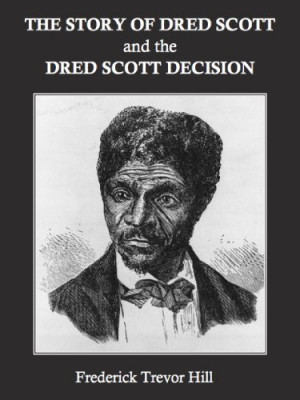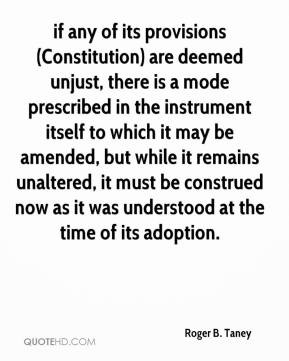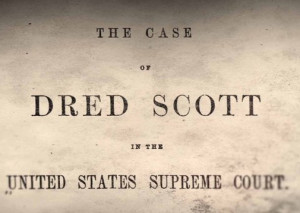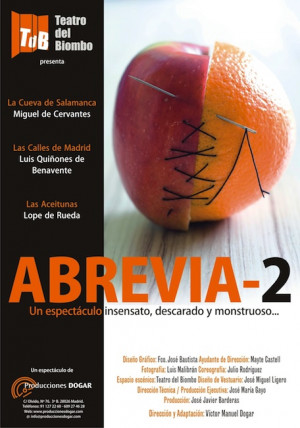Roger B. Taney — American Judge born on March 17, 1777, died on October 12, 1864
Roger Brooke Taney was the fifth Chief Justice of the Supreme Court, holding that office from 1836 until his death in 1864. He also served as the eleventh United States Attorney General. He is most remembered for delivering the infamous majority opinion in Dred Scott v. Sandford, which included a ruling that that African-Americans, having been considered inferior at the time the Constitution was drafted, were not part of the original community of citizens and whether free or slave, could not be considered citizens of the United States, thus creating an uproar among abolitionists and the free states of the northern U.S... (wikipedia)
Every state has an undoubted right to determine the status, or domestic and social condition, of the persons domiciled within its territory except insofar as the powers of the states in this respect are restrained, or duties and obligations imposed upon them, by the Constitution of the United States.
In the greater number of cases that have come under my observation, freedom has been a serious misfortune to the manumitted slave, and he has most commonly brought upon himself privations and sufferings which he would not have been called on to endure in a state of slavery. In many cases, however, it has undoubtedly promoted his happiness.
It is an established principle of jurisprudence in all civilized nations that the sovereign cannot be sued in its own courts, or in any other, without its consent and permission; but it may, if it thinks proper, waive this privilege, and permit itself to be made a defendant in a suit by individuals, or by another State.











